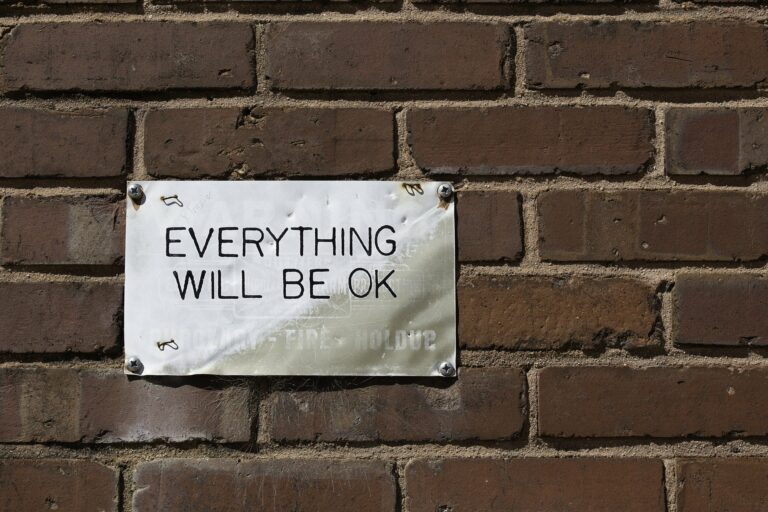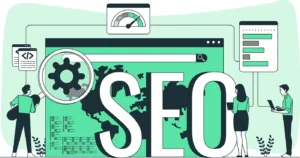The Christmas trees are down; the decorations have been put away for another year; they’re stored in cardboard boxes in attics and closets, once more quietly gathering dust. 2020 is in the rear view mirror; it has been a time that most people would likely want to forget. Companies are focusing on the future: a notable low cost airline stated that since the vaccines are coming, you can book your summer holiday now. Yes, there are likely to be bumps in the road, even extended periods of lockdown, but the path out of the pandemic period is set.
Is that it, then? The vaccines will be distributed, the pandemic will recede, and we will forget? Or should we draw lessons from this period which will enable us to forward? This is most pertinent for small businesses, many of which found they had to adapt quickly to a new paradigm.
Case Study: House of Feasts
The “House of Feasts” restaurant in Peterborough, England is an excellent example of what small businesses can do. Its owner and head chef, Damian Wawrzyniak, has a mission to bring modern Polish cuisine to the attention of the British public. He was recognised by BBC Good Food and received an award honouring his achievements from the President of Poland. Despite his undoubted success, the pandemic forced a rethink: it simply wasn’t possible to maintain his business as it was under quarantine conditions.
He moved swiftly into providing takeaway meals; at first, he delivered these personally. He then offered freshly baked bread; his sourdough bread is recognised for its excellence. He also supplied dishes that were frozen so that people could enjoy Polish cuisine at their convenience. His business survived 2020 and continues to grow its reputation.
However, there are key lessons embedded in Chef Damian’s experience: the ability to adapt, pivot one’s services and find new niches has been key to his restaurant’s continuance. He also made ample use of social media and his website.
He wants to return to providing fine cuisine in the usual manner, but at least he has discovered a means by which his business can survive in adverse conditions.
The Undiscovered Country
Shakespeare coined the phrase “the undiscovered country”. When we stepped over the border into the unknown terrain of 2020, we had very limited indications that we were about to go into a pandemic. This “undiscovered country” turned out to be perilous.
Should we have known better? After all, there had been many warnings of impending pandemics, not least was the one provided by President Obama. Indeed, he set up a task force to address this issue.
Other potential crises can be anticipated: for example, it’s entirely possible that the effects of climate change will continue to be felt. Areas which are susceptible to extreme weather events may find them happening more frequently. A venue that relies on outdoor facilities or a certain type of weather may have to adapt its plans.
We are constantly warned about how businesses are vulnerable to cyber attack: the US Government and Microsoft fell victim to this in December.
The Return of Resilience Planning
Much of the modern economy relies on a “just in time” model: items arrive at a specific moment to minimise cost of storage and maximise efficiency. Unfortunately, this model has inherent fragilities: for example, paperwork can tie up the timely arrival of a part for car production. This slows down an entire production flow. If a supply chain is distributed across borders, e.g., making a pizza requires a delivery of fresh mozzarella from Italy, this can easily be disrupted by exogenous events.
Also, the modern economy is driven by data; but what happens if that data is hacked? This too is an exogenous event and cannot always be anticipated.
It may very well be time to return to the somewhat lost art of resilience planning, i.e. developing contingency plans so that the business can still function despite issues beyond its control.
Resilience planning is not something that a small business owner may necessarily want to do: entrepreneurs are optimists by nature. They believe in their products and services and their ability to “make a go of it”. Thinking about bad things that could occur requires an imaginative leap which many aren’t inclined to take.
Eating the Whale
Resilence planning may seem daunting. After all, a quick look at a news website can provide more ideas for potential catastrophes than one may want to absorb.
An old adage springs to mind: “How does one eat a whale? One bite at a time.” While no one should endeavour to consume an endangered species, the maxim invites the potential resilience planner to take a deep breath and break down their planning into smaller chunks.
So: pause, and pick up a knife and fork. Start with the question: what are the biggest risks to my business? In the case of House of Feasts, the risks were straightforward: patrons simply couldn’t come to the premises. The resilience planning in response revolved around a key question: if the patrons couldn’t come to the restaurant, then how could the restaurant come to them?
Resilience planning in the case of House of Feasts opened up new avenues of enquiry: if full meals were going to be delivered, what else could be shipped to potential customers? The bread had always received many compliments, and was for sale to patrons upon request: therefore, making it part of the restaurant’s offering was a logical next step.
By going through this exercise, House of Feasts not only was able to survive, but it added to its range of products and services. People in the Peterborough area can now experience fine Polish cuisine in their homes.
It is at moments of this type, when the optimism of the entrepreneur inverts the negativity associated with resilience planning, when stronger businesses come into fruition.
A New “Just in Time”
The “just in time” model of recent years was predicated on the idea of tight schedules and rigorous planning; the current era requires a new definition. Rigorous planning should allow for businesses to adapt their offering “just in time” based upon the circumstances in which their enterprises operate. This may potentially involve the discomfort of pessimism, but this can be turned on its head into potential opportunities.









